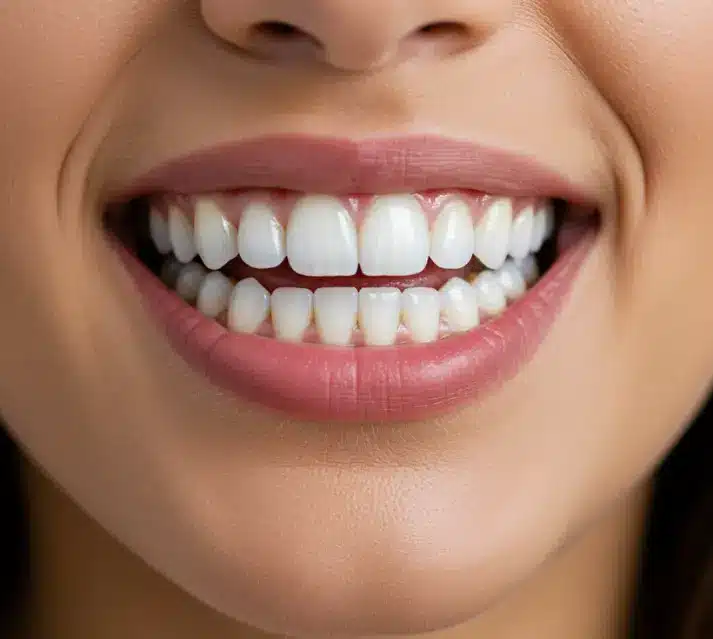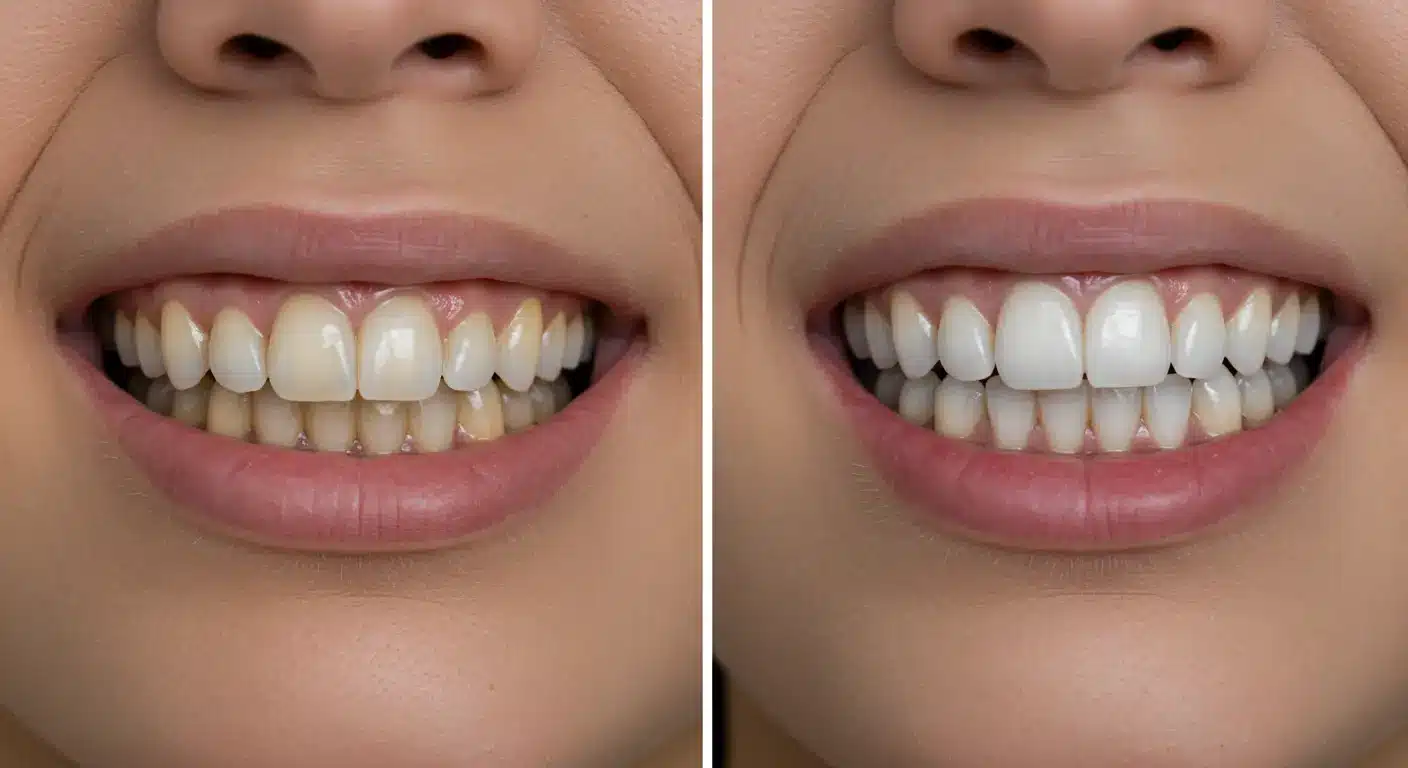Dental Veneers: The Ultimate Solution for a Perfect Smile
A radiant and flawless smile can transform your appearance and boost confidence. Dental veneers have become one of the most popular cosmetic dentistry solutions for achieving a stunning smile quickly and effectively. This comprehensive guide explores what veneers are, their benefits, types, procedure, and essential aftercare tips.

What Are Dental Veneers?
Dental veneers are ultra-thin shells made of porcelain or composite resin that are custom-designed and bonded to the front surface of teeth. They are ideal for correcting various dental imperfections such as:
Chips and Cracks – Repair minor damage and restore smoothness.
Discoloration – Cover stains resistant to teeth whitening treatments.
Gaps – Close small spaces between teeth for a uniform look.
Misshapen or Misaligned Teeth – Improve symmetry and proportions.
Worn or Uneven Teeth – Create a balanced and aesthetically pleasing smile.

Benefits of Dental Veneers
1. Enhanced Aesthetics
Veneers provide a natural, radiant appearance that mimics real teeth, creating a seamless smile.
2. Quick Transformation
Unlike braces or aligners, veneers deliver visible results in just a few appointments.
3. Minimally Invasive Procedure
Only a small amount of enamel is removed, preserving most of the natural tooth structure.
4. Durability and Longevity
Porcelain veneers can last 10-15 years with proper care, while composite veneers offer a more affordable option with slightly shorter longevity.
5. Stain Resistance
Porcelain veneers resist stains better than natural teeth, maintaining a bright appearance over time.
6. Customized for Perfection
Each veneer is tailor-made to match the size, shape, and color of your natural teeth.
Types of Dental Veneers
| Type | Material | Best For | Durability |
|---|---|---|---|
| Porcelain Veneers | High-quality ceramic | Long-term use, high durability, and natural appearance | 10-15 years |
| Composite Veneers | Resin material | Budget-friendly option with easy repair possibilities | 5-7 years |
| No-Prep Veneers | Ultra-thin porcelain | Minimal tooth alteration and faster placement | 10-15 years |
The Dental Veneer Procedure: Step-by-Step
1. Consultation and Evaluation
Your dentist examines your teeth, discusses your goals, and determines if veneers are the right solution for you.
2. Preparation
A small amount of enamel is removed to make space for the veneer.
Impressions of your teeth are taken for custom veneer fabrication.
3. Temporary Veneers (Optional)
Temporary veneers may be placed while waiting for the permanent ones to be crafted.
4. Bonding the Veneers
The dentist checks the fit and color of the veneers.
Teeth are cleaned, and a special adhesive is applied to bond the veneers securely.
5. Final Adjustments
The dentist makes minor adjustments to ensure comfort and a perfect bite.

Aftercare and Maintenance Tips
Oral Hygiene: Brush and floss daily to prevent plaque buildup and maintain gum health.
Avoid Hard Foods: Protect veneers by avoiding biting into hard objects like ice or pens.
Limit Staining Foods and Drinks: Reduce consumption of coffee, red wine, and tobacco to keep veneers looking pristine.
Regular Dental Checkups: Schedule routine cleanings and examinations to monitor the condition of your veneers.
Use a Mouthguard: Protect your veneers if you grind your teeth or play contact sports.
Cost Comparison: Veneers vs Alternatives
| Option | Average Cost (per tooth) | Longevity | Maintenance |
| Porcelain Veneers | $900 – $2,500 | 10-15 years | Minimal, regular cleanings |
| Composite Veneers | $250 – $1,500 | 5-7 years | May require repairs or touch-ups |
| Teeth Whitening | $300 – $800 | Varies (requires upkeep) | Regular touch-ups needed |
| Dental Bonding | $200 – $600 | 3-5 years | Occasional maintenance |
Frequently Asked Questions
1. Do veneers look natural?
Yes! Veneers are custom-designed to match the shape, size, and color of your natural teeth for a seamless look.
2. Is the procedure painful?
No, the process is minimally invasive and usually performed under local anesthesia for comfort.
3. Can veneers be whitened?
No, veneers cannot be whitened. It’s important to choose a shade you’re happy with before placement.
4. What happens if a veneer breaks?
In most cases, a damaged veneer can be repaired or replaced by your dentist.
5. Are veneers reversible?
Porcelain veneers typically require enamel removal, making them irreversible, while no-prep veneers may offer reversible options.

Invest in Your Smile with Dental Veneers
Dental veneers are a versatile and effective solution for enhancing your smile. Whether you want to correct discoloration, chips, or gaps, veneers provide a long-lasting and natural-looking result. With proper care and regular dental visits, you can enjoy a flawless smile for years to come.
Ready to transform your smile? Schedule your consultation today and discover how dental veneers can help you achieve the smile of your dreams!










